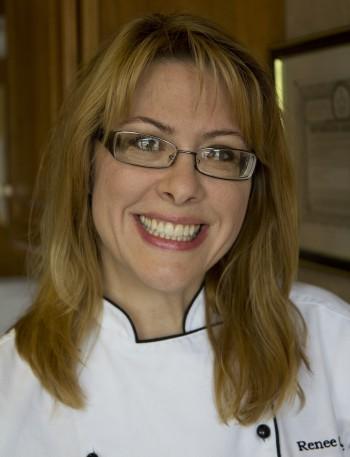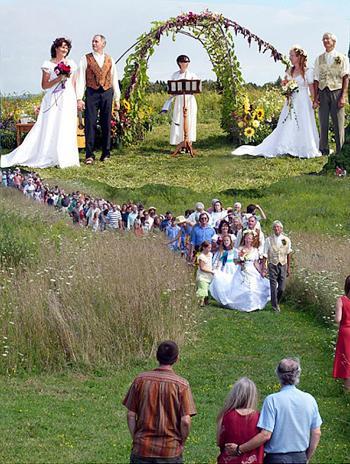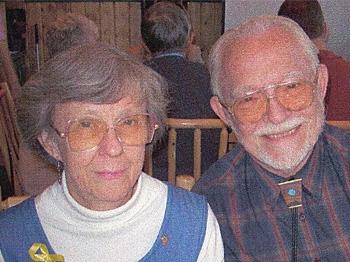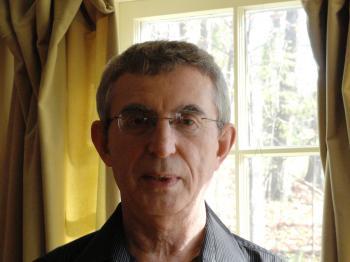Liz Walker’s Contribution to Sustainable Culture: EcoVillage
Liz Walker tells the story of how she helped create a caring community 1,100 feet above sea level in Ithaca, N.Y.
Liz Walker helped create a caring co-housing community at EcoVillage in Ithaca, New York. Jim Bosjolie
|Updated:




